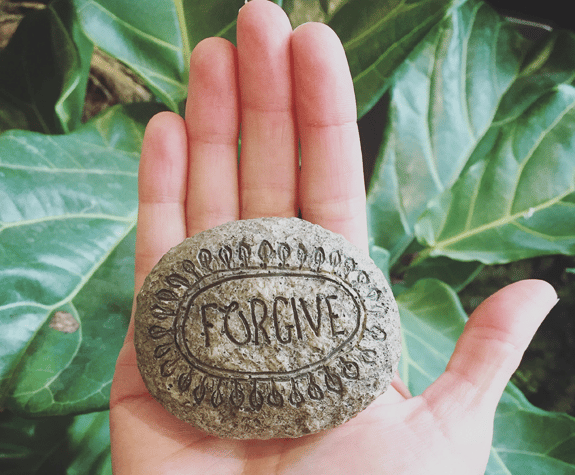The Greatest Healer of All
Have you ever wondered how the act of forgiving helps us manage life’s inevitable hurts? In his book Forgiveness: The Greatest Healer of All, Dr. Gerald G. Jampolsky explains how forgiveness is a transformational process. “With a shift in perspective, we can stop seeking other people and things outside ourselves to blame for our unhappiness. Instead, we can embrace our true spiritual essence and instantly find that this has always been our source of love, peace, and happiness. It is never more than a heartbeat away and free for the asking.”
As humans, disappointment and anger are a natural human response. Studies at Stanford University have revealed the practice of forgiveness as a powerful and necessary tool for managing these inevitable hurts. When people experience forgiveness, there are positive changes in measures of participants’ cardiovascular and nervous systems.* Forgiveness takes both intention and attention. If we intend to maintain a peaceful heart, we may need to frequently draw our attention away from the negative feelings and back to the place of power, which is always the present.
Forgiveness is not an occasional act, it’s a permanent attitude
~Martin Luther King
In going through the process, it’s important to understand the definition psychologists use when referring to forgiveness. It is not reconciliation – meaning, it does not necessarily involve re-establishing the relationship of the offender according to Sonja Lyubomirsky author of The How of Happiness: A New Approach to Getting the Life You Want. When we hold pain and resentment from the past, our mind-body suffers and our stress hormones are released. Over long periods of time, these emotions can create an inflammatory response and negatively impact our immune system. She explains by practicing with a shift in thinking. Here are three ways we can support ourselves through the act of forgiving helping return to a state of healing:
A Practice
1. Appreciate being forgiven
Before you can forgive another, an excellent first exercise is to appreciate an instance when someone offered you forgiveness..
2. Imagine forgiveness
Identify a person whom you blame for mistreating or offending you. Then, engage in an imagination exercise, during which you imagine empathizing with the offender and granting them forgiveness—trying to feel empathy in seeing the situation through the offenders’ eyes and seeing them as a whole person.
3. Write a letter of forgiveness
The process of writing a letter helps you let go of anger, bitterness, and blame by writing (but not sending) a message of forgiveness to a person who did you wrong. Describe in detail the injury or offense done to you. End with an explicit statement of forgiveness and understanding.
Essentially, when we forgive (which, at times for me, has been a struggle), we are gifting ourselves by expanding our ability to love and care for those around us, including ourselves. Though this practice may not feel right for you, it is an available tool to experiment with when moving through the healing process.



